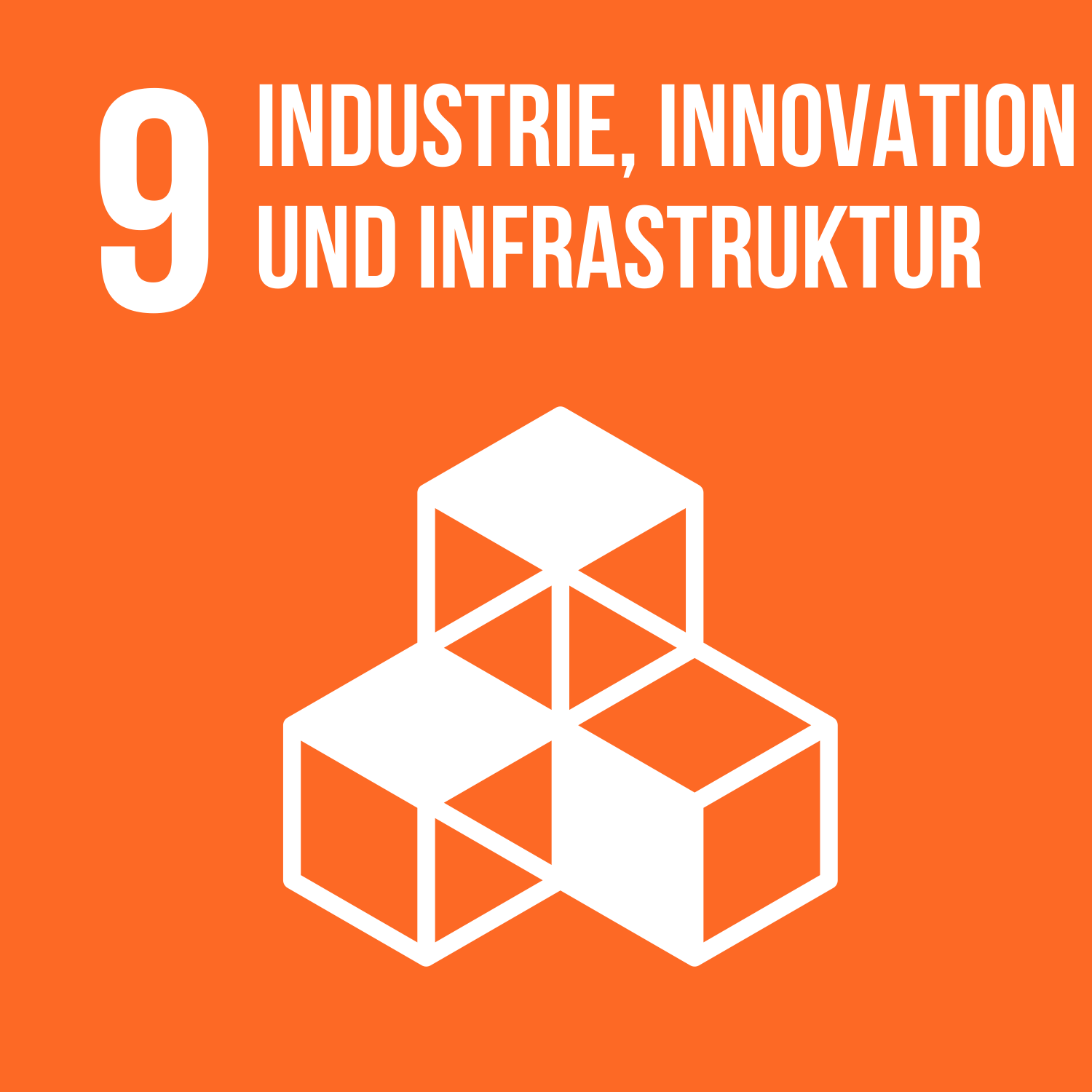Learning and Knowledge Development Facility (LKDF)
Background and Objectives
With around one-third of the world’s 1.8 billion young people neither in employment, education, or training (abbreviated NEET), youth unemployment is one of the most pressing global issues in the 21st century. Furthermore, one billion more youth will enter the job market in the next decade, but only 40% are expected to find jobs that currently exist. This implies that 600 million jobs will have to be created in 10 years, only to keep pace with projected youth employment rates. One of the main reasons for high youth unemployment in many developing countries and countries in transition is a growing mismatch between the supply and demand of industrial skills. In particular, the content and quality of TVET programmes in many countries do not match the private sector’s demands. As a result, graduates cannot find jobs while employers cannot find skilled personnel. This further exacerbates the issue of youth unemployment and negatively impacts economic development due to foregone investments. The LKDF promotes a modality that has proven successful in fostering youth employment through industrial skills training: Public-Private Development Partnerships (PPDP), which is a way of delivering and funding public services with wider development impact and building local self-reliance and markets. The investment, risks, responsibilities, and rewards are shared between the public sector, the private sector, and a development partner. PPDPs are used in areas where poverty reduction cannot be achieved by separating private sector actors, the public sector, and development agencies, and where all these actors share a common goal. To make a PPDP successful, it has to create benefits for all parties.
Main approach
The value proposition is that the private sector partners ensure that the curricula and the training are relevant for the industry, while the technical partners, such as UNIDO, are uniquely positioned to bring together stakeholders from the public sector, the private sector, and the development sector. As a result of the above, PPDPs are well-positioned to serve as role models for curricula accreditation and emulation by other TVET Centers.
Impact and results
The LKDF maintains a knowledge-sharing function on Technical and Vocational Training and Education (TVET) on its website, www.lkdfacility.org. Vocational Training Center (VTC) managers, private sector partners, government officials, and all other interested parties can access relevant information about the PPDPs as well as specific content that the LKDF has developed, e.g. How-to guides on how to achieve financial sustainability for VTCs or a joint study with the World Bank Gender Innovation Lab on how to empower women to apply for traditionally male-dominated trades. Within the last year, the website counted more than 33,000 visits and around 55,000 downloads.






